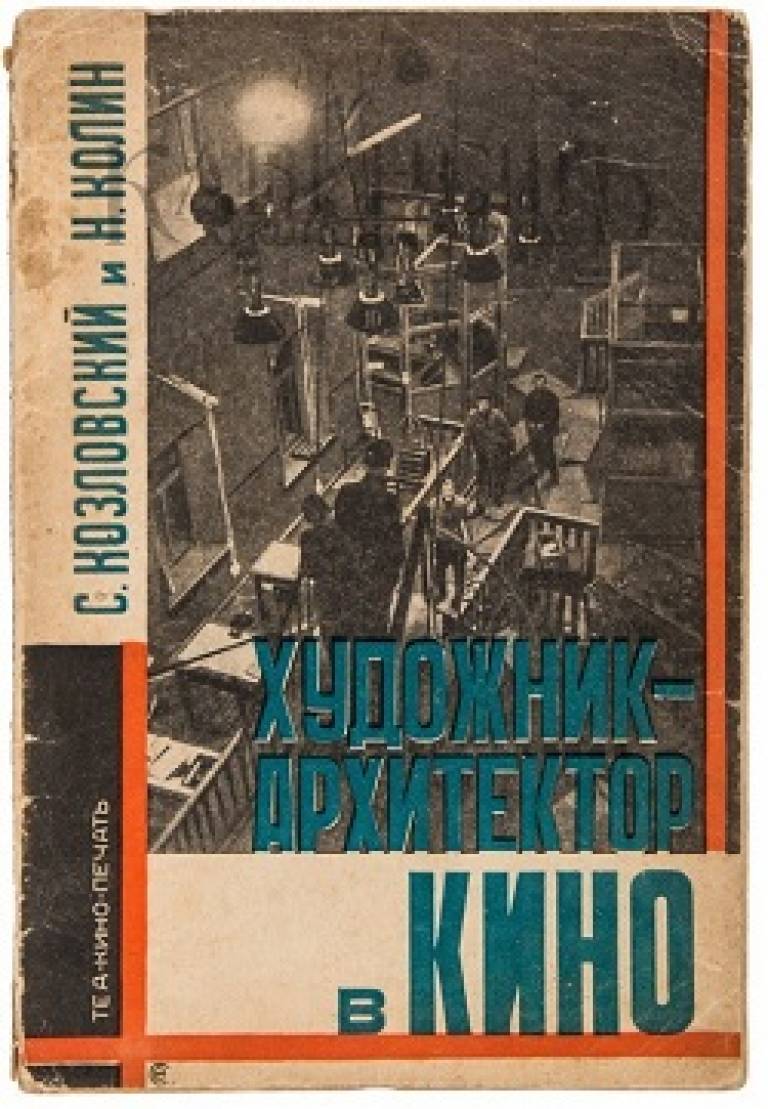'The Kino-khudozhnik and the Material Environment in Early Russian and Soviet Fiction Film, 1907-1931' by Eleanor Rees, and 'What is the role of informality in governance and how does it relate to electoral accountability?' by Bence Tóth
08 June 2017, 6:00 pm–8:00 pm

Event Information
Location
-
UCL Drayton House B06, 30 Gordon St, London WC1H 0AX
UCL SSEES Research students, Eleanor Rees and Bence Tóth will present their research in this double bill presentation.
'The Kino-khudozhnik and the Material Environment in Early Russian and Soviet Fiction Film, 1907-1931' by Eleanor Rees
‘With the script in his hands, the khudozhnik must construct a series of environments in which the characters of the film will live’. (Aleksandr Rodchenko, ‘The khudozhnik and the Material Environment in a Fiction Film’, Sovetskoe Kino, 5/6, 1927).
My doctoral research examines the evolution of the working practices and an artistic discourse associated with the typically overlooked figure of the kino-khudozhnik (set designer) during the first twenty years of fiction film production in Russia before the introduction of sound film in the early-1930s. It investigates the ideological, creative, and technological pressures that informed the perception of the role of khudozhniki in film production. My research contributes to a recent body of scholarship that offers an alternative perspective on Russian and Soviet film to a tradition of director-focused studies.
From the earliest days of Russian film production, the role of the khudozhnik was not merely that of a technical craftsman, but a ‘consultant on ways of life’ (Sabinskii, 1909). Central to my research is a consideration of the use of set design and the choice of location in film in relation to broader social and ideological discourses of the period about the material environment, and a person’s relationship to it. How did film convey a range of attitudes, behaviours and interpretations about different modes of dwelling and experiences of everyday life through those material worlds realised on screen?
This seminar will give an introduction to the scope of my research. The focus of discussion will be on critical approaches to the analysis of set design in film, and will address some the methodological challenges posed by its study.
Eleanor Rees is a first
year MPhil/PhD student at UCL SSEES working under the supervision of Dr Philip
Cavendish and Dr Rachel Morley. She gained her BA and MA in History of Art from
the Courtauld Institute of Art, where she specialised in Russian and Soviet
artistic production of the early twentieth century.
'What is the role of informality in governance and how does it relate to electoral accountability?' by Bence Tóth
There is considerable difference among countries with respect to enforcement of the ’rule of law’ which leaves amply space for informal practices as governance mechanisms. My research focuses on informality in locally managed public procurement contracts where informal enforcement and local information have particular importance in contract governance. Data on contracts and participating companies can reveal the relative importance of informality serving public interests as opposed to corruption serving private ones.
Therefore, informality used for the public good in contract governance should be rewarded in local elections. This also explains the persistence of informal governance even where politicians are accountable and points towards a revaluation of policies advocating good governance in these contexts.
Bence Tóth is a first-year MPhil/PhD student in Politics&Sociology at SSEES. His project is supervised by Dr Allan Sikk and Prof Alena Ledeneva.
A seminar hosted by
the UCL SSEES Social Sciences & Arts and Humanities Research Student Seminars.
Student Coordinators: Peter Braga and Liisa Tuhkanen
 Close
Close

